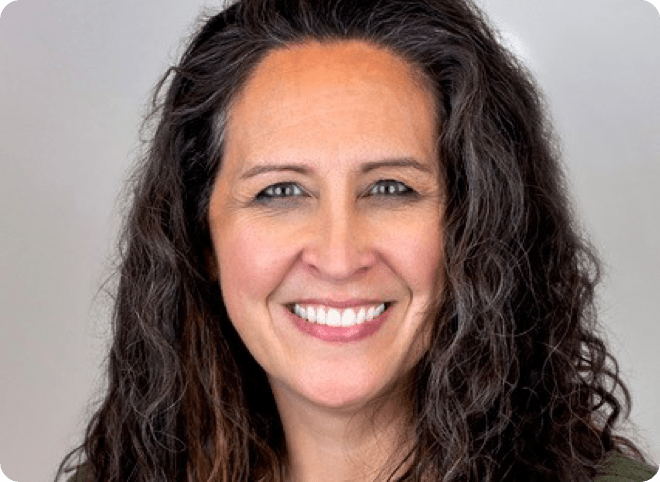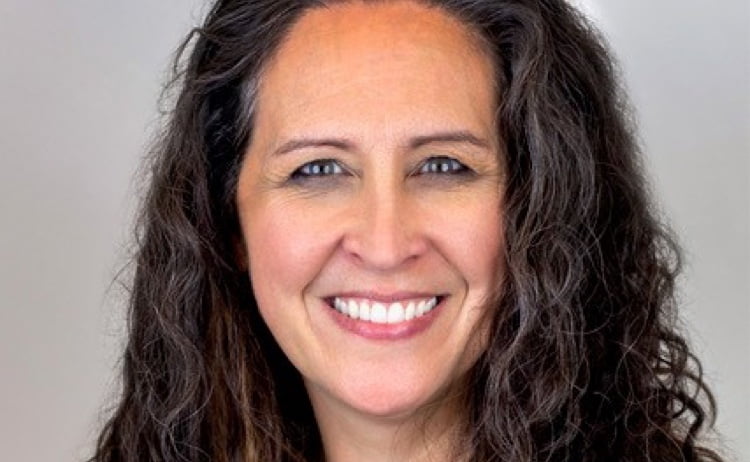Are Finances on Your Mind?
Talking about money can feel uncomfortable. But it can be a big part of life with cystic fibrosis (CF). Social worker Amanda Montgomery shares her insight on financial assistance resources and explains why opening up about financial difficulties is so vital for families affected by CF.
Tips from a social worker


Amanda is a clinical social worker and mental health coordinator at her CF care center. The following tips are her thoughts and should not be considered medical advice. If you have specific questions or concerns regarding your financial situation, make sure to talk to your or your loved one’s CF care team.
Where should people look for financial support?
Each state has different resources that might be available to them. Some states do have specific programs for children with chronic medical conditions like cystic fibrosis and your center would know all about where to resource those.
What options are available to help families cover medical expenses?
There are a lot of wonderful grants that are out there that can help cover some of the medical expenses for families. Particularly prescription copay costs, outstanding medical bills, or vitamins and other nutritional supplements that are just so vital to helping our young people and adults stay healthy as they live their life with CF.
One of the common things I hear a family say is “oh I don’t want to take the money from somebody else that’s more deserving” and so my challenge back is “Why aren’t you deserving?” Because you are equally as deserving! But more importantly, if those funds aren’t being used, no one’s going to use it! So the only person that’s missing out is you if you’re not taking advantage of what’s there.
What else can grants be used for?
There are also some really neat grants out there to help pay for the other things in life that give us quality and might free up the finances to cover other areas. For example, there are recreational grants that are out there that might help to pay for an activity or other grants that might pay for mental health counseling. So again, [families can feel] a little bit more flexibility on where their dollars are spent.
How can people approach making difficult financial decisions?
Having to make tough life decisions around finances is hard and just helping families to feel that that’s okay to share with the care teams I think is a very important thing.
It reminds me of an exercise I commonly do with our families called a decisional balance. And in that exercise, we go over what the pros and cons are of making a decision. Because every decision made in life—even the decision to not make a change—comes with some good and not-so-good parts. So for instance, I might ask a question like, what are the good parts [about this decision]? And then flip it. What would be some of the unfortunate costs of [this decision] as well as the benefits? And then that way, you’re able to equally look at all sides of the equation, and it helps it to be a little more practical instead of sometimes the big emotions that can come out when we think about those big decisions. It helps people to make a more informed choice.
What I like about that mindset too is that there’s never a perfect solution. Because I have some parents that are like, “I feel like I’m gonna make the wrong decision,” and kind of helping them to recognize that, you know, the decision you make is with the information you have at that time and you just try to make the best decision you can—recognizing that that still might not be the same decision you would make down the road. But you have to forgive yourself, and go with the information you have and go with your gut a little bit.
What other advice do you have for people navigating the financial side of CF?
I know talking about finances can feel very embarrassing and I’ve had a lot of families share that they almost feel guilty bringing up this conversation because they’re worried that it might be conceived as a judgment from the center—like “hey, I have to think about paying for this medication. I’m not sure how I can do that.”
So just being able to normalize that it’s okay to talk about this. Because it’s just part of what your family is going through. One of the biggest things to take into consideration is that your state might have more resources than you know. And if you don’t ask, we may not necessarily tell you.
Where to find resources
Access to certain forms of financial support programs may vary. Work with your care team to see what resources are available to you in your area.
-
Cystic Fibrosis Family Connection (CFFC) compiled a list of resources to help people with CF and their families find financial support.
-
The Cystic Fibrosis Foundation has a support program that can help guide people to financial assistance for medical care and other living expenses.
-
Boomer Esiason Foundation offers scholarships to students with CF who are pursuing higher education.
-
Cystic Fibrosis Research Institute (CFRI) also lists a variety of patient assistance programs on their website.
